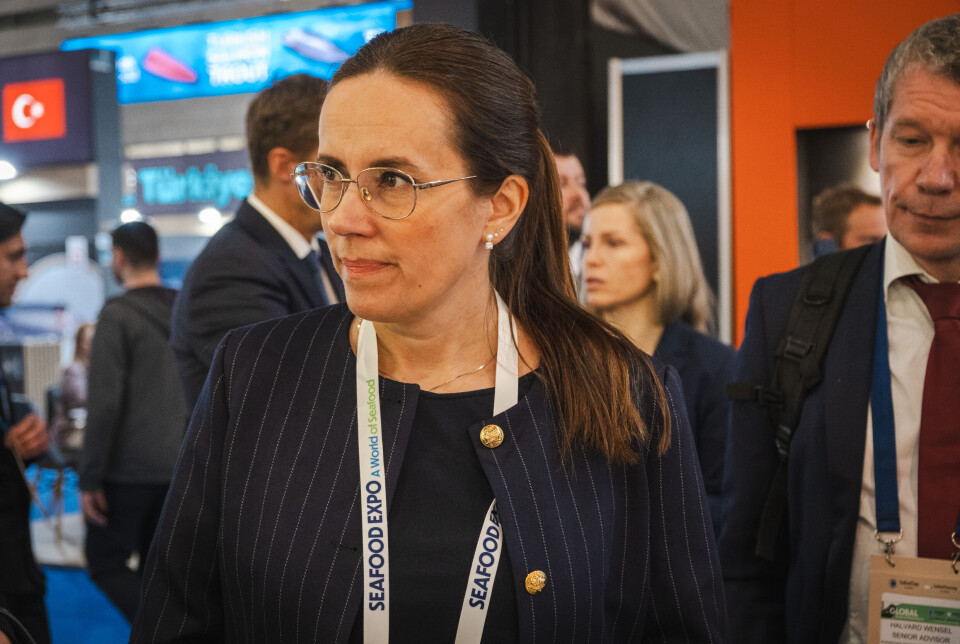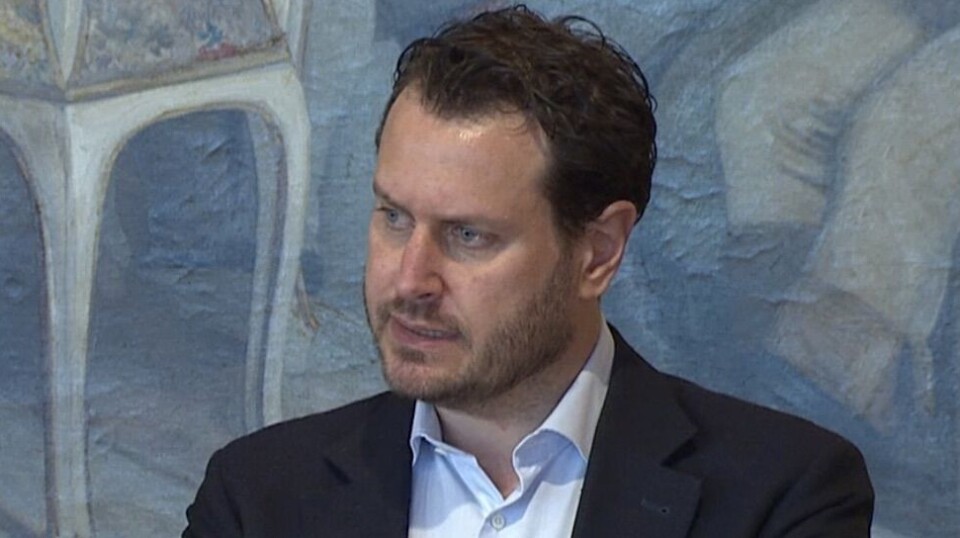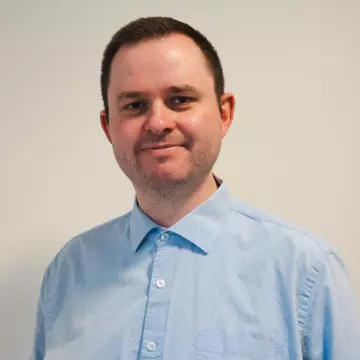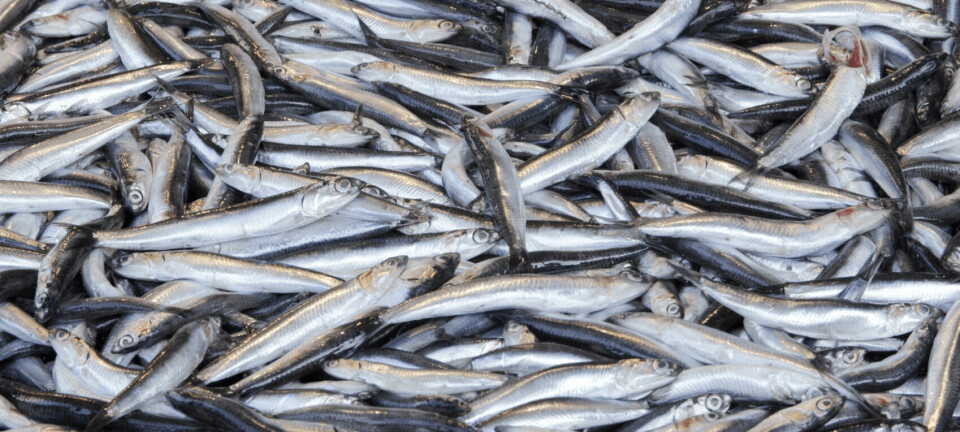
Norway fisheries minister rejects call for seasonally adjusted biomass limits
Farmers say move would smooth harvests and benefit wild smolts - but it would make complicated regulations even worse, says Naess
Norway’s fisheries minister Marianne Sivertsen Næss has rejected a call to seasonally adjust the maximum biomass allowed on salmon farms.
Some farmers would like an increase in maximum biomass (MTB) in the autumn, and a reduction in spring.
Geir Magne Knutsen, head of strategy and development at Bremnes Seashore, has previously pointed out that this would mean a smoother harvest curve during the season, benefiting the market.
He added that it would also result in fewer fish in farms at the time wild salmon smolts migrate to sea.
Protecting wild fish
Last week, MP Helge André Njåstad, a member of the right-of-centre Progress Party, challenged Naess to explain why the government is not positive about a scheme with seasonal MTB.

Njåstad emphasised in his written question in Parliament that both the farming industry and Norway’s Nature Conservation Association believe that a seasonal MTB can help protect wild salmon.
In her response, which has now been made available to the public, Næss wrote that the “traffic light system” is the current regulation for growth and changes in production capacity, and that new arrangements must therefore be compatible with that system.
The traffic light system divides Norway’s coast into 13 fish farming production areas which are awarded green, yellow or red status depending upon what impact farming is judged to have on wild salmon populations. Production in green areas can grow by 6% (via auction for new biomass permissions), yellow areas stay the same and farmers in red areas must reduce biomass by 6%.
Complicated system
“Our permit system is already complicated and fragmented, and it will become even more complicated if more special arrangements are implemented. Any new arrangement will increase the complexity of the current regulations and give rise to the risk of unintended environmental consequences,” stated Naess.
Against this background, the minister therefore believes it is important that changes to the permit system are thoroughly assessed.
“We are now working on a report to the Storting (Parliament) on aquaculture in which the entire permit system is assessed. Therefore, it is not appropriate to implement new trial schemes at the present time,” she emphasised in her answer.
Better for small farmers
One of the salmon farmers in favour of seasonally variable MTB is Fylkesnes Fisk, which farms in Vestland, south of Bergen. It argues that by introducing an arrangement with flexible MTB for small local farmers, biosecurity, fish welfare and the environment can be safeguarded in a better way, in the same way that larger players can through group MTB and interregional biomass ceilings today.
General manager Erik Fylkesnes told Fish Farming Expert’s Norwegian sister site, Kyst.no, that the company operates in a limited geographical area with few locations and zones, which means that it has its eggs largely in the same basket, not unlike other small aquaculture companies.
“Larger companies have naturally spread the risk much more and can balance biology and production year-round in a completely different way,” he pointed out.





















































